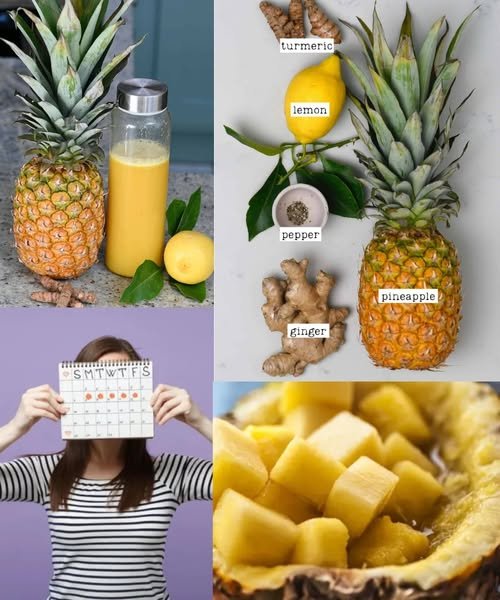Worm castings, often referred to as ‘black gold’ by gardeners, are the nutrient-rich waste produced by earthworms. These castings are packed with beneficial microorganisms and nutrients that are essential for plant growth. Unlike synthetic fertilizers, worm castings improve soil structure, enhance water retention, and promote healthy root development. They are an organic solution that can transform your garden into a thriving ecosystem. By reusing worm castings, gardeners can reduce waste and enhance the productivity of their gardens sustainably.
Understanding the Nutritional Value of Worm Castings
Worm castings are a powerhouse of nutrients, including nitrogen, phosphorus, potassium, calcium, and magnesium. These nutrients are released slowly, providing a steady supply of nourishment to plants. Additionally, worm castings contain beneficial microbes that help break down organic matter in the soil, making nutrients more accessible to plants. The presence of humic acid in worm castings also aids in nutrient uptake and boosts plant immunity against diseases.
How to Harvest and Store Worm Castings Properly
To harvest worm castings, gently separate them from the worms in your vermicomposting bin. This can be done by moving the castings to one side and adding fresh bedding and food to the other, encouraging worms to migrate. Once separated, allow the castings to dry slightly before storing them in a breathable container, such as a burlap sack, to prevent mold growth. Keep them in a cool, dark place until you’re ready to use them.
Top 10 Brilliant Ways to Reuse Worm Castings in Your Garden
Worm castings are incredibly versatile and can be used in various ways to enhance your garden’s health and productivity. Here are ten innovative methods to incorporate them into your gardening routine.
1. Enriching Potting Soil for Container Plants
Mix worm castings into your potting soil at a ratio of about 1:4. This will provide container plants with essential nutrients and improve soil aeration and water retention, leading to healthier, more robust plants.
2. Creating a Nutrient-Rich Compost Tea
Brew a compost tea by steeping a handful of worm castings in a gallon of water for 24 hours. Stir occasionally and use the resulting liquid to water your plants, providing them with a quick nutrient boost and beneficial microorganisms.
3. Boosting Seed Germination Success
Sprinkle a thin layer of worm castings over your seed-starting mix. The nutrients and microbes in the castings will help seeds germinate faster and establish strong roots, giving seedlings a healthy start.
4. Enhancing Lawn Health and Growth
Top-dress your lawn with a thin layer of worm castings. This will improve soil structure, enhance nutrient availability, and promote lush, green growth without the need for chemical fertilizers.
5. Improving Soil Structure in Vegetable Beds
Incorporate worm castings into your vegetable beds by mixing them into the top few inches of soil. This will enhance soil fertility, improve drainage, and increase microbial activity, leading to higher yields and healthier plants.
6. Fortifying Flower Beds for Vibrant Blooms
Add worm castings to your flower beds to provide a steady supply of nutrients. This will result in more vibrant blooms and healthier plants that are more resistant to pests and diseases.
7. Supporting Fruit Tree Growth and Yield
Apply worm castings around the base of fruit trees to improve soil fertility and structure. The slow-release nutrients will support steady growth and increase fruit production over time.
8. Revitalizing Indoor Plants with Natural Fertilizer
Use worm castings as a top dressing for indoor plants. This will provide a gentle, organic fertilizer that enhances plant health and reduces the need for chemical fertilizers.
9. Crafting a DIY Worm Casting Mulch
Create a mulch by mixing worm castings with shredded leaves or straw. Apply this around your plants to retain moisture, suppress weeds, and slowly release nutrients into the soil.
10. Developing a Sustainable Garden Ecosystem
Incorporate worm castings into your garden to promote a healthy ecosystem. The beneficial microbes and nutrients will support a diverse range of organisms, leading to a balanced and sustainable garden environment.
Conclusion: Maximizing the Benefits of Worm Castings in Your Garden
By reusing worm castings in your garden, you can enhance soil health, boost plant growth, and reduce reliance on synthetic fertilizers. This sustainable practice not only benefits your plants but also contributes to a healthier environment. Embrace the power of worm castings and watch your garden thrive.



